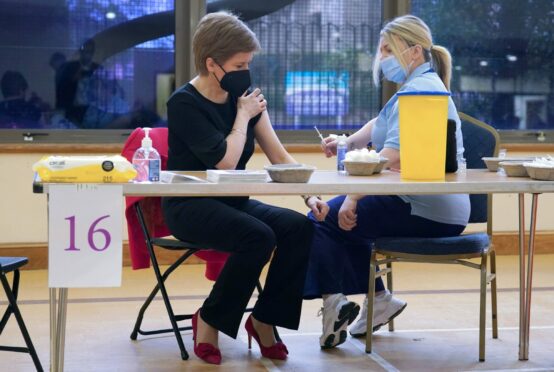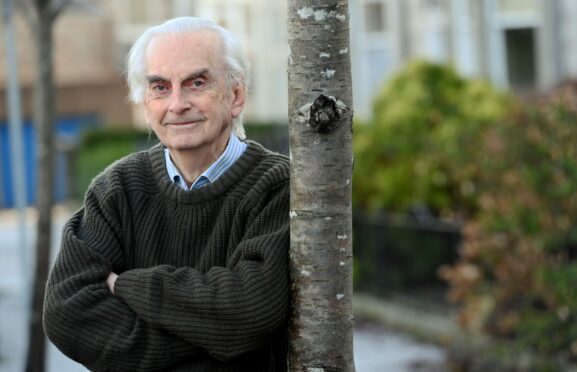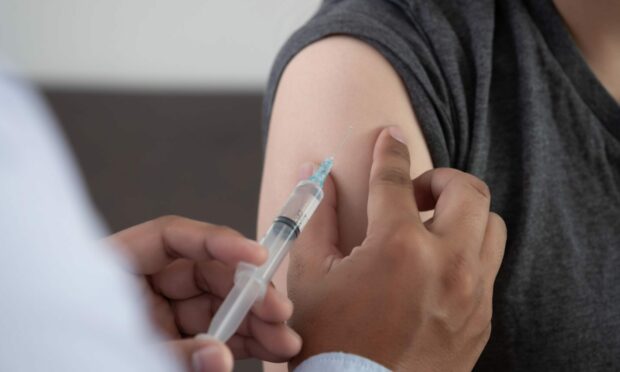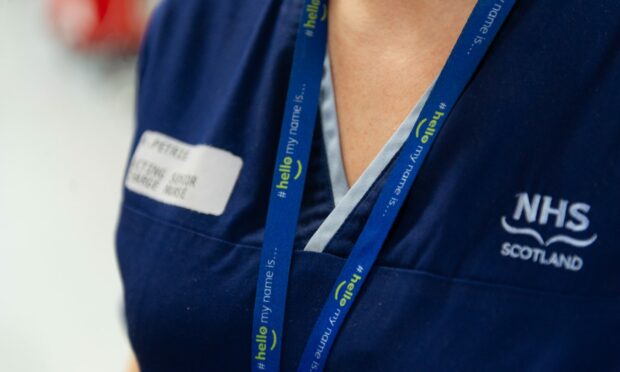Nicola Sturgeon’s plea for vulnerable Scots to get their latest vaccine, as she received her booster, was a reminder Covid has not disappeared.
Lockdowns, masks and the everyday precautions we once had to take may be a relic of the past, but is there a threat of the virus biting back this winter?
We spoke to health and policy experts, and took a look at the data for Scotland and abroad, to find out what is in store.
1. Is a Covid resurgence likely?
Data up to November 13 estimated one in 50 people in Scotland had been infected in the previous week.
Public Health Scotland found 657 patients were admitted to hospital, while in the week leading up to November 13 there were 47 recorded deaths.
Ms Sturgeon warned there had been “high levels of community circulation” in recent weeks.
Across the Atlantic, a cocktail of Covid and flu cases has seen hospitalisations and intensive care admissions rise in Ontario, Canada.
Aberdeen University Professor Hugh Pennington said: “The picture is a bit confused about whether the virus is going to take off in a significant way.
“It’s a reasonable assumption that as the weather gets cold, the virus will get more common.
“My expectation is winter will be busier from respiratory viruses like many winters have been long before Covid. Covid is an additional burden.”
However, many of these cases may be milder than in early waves.
Prof Pennington said: “Vaccines stop people being killed by the vaccine or going into ICU. Most of the cases are not going to be serious.”
2. Could restrictions return?
Uncertainty remains over what would happen were hospital numbers and deaths to soar to previous levels.
Imposing harsh restrictions again would prove controversial, but would the Scottish Government have any choice if the NHS is under threat?
Elsewhere, a rise in cases has seen a cruise operator reinstate vaccine mandates and masks on Australian ships.
Professor Gill Hubbard, from the Highlands and Islands University, said: “Never say never. There’s still unpredictability.
“If there needs to be greater intervention there will be, because there won’t be a choice.”
However, Prof Pennington imagines full-scale lockdowns are unlikely.
He said: “Politically bringing in lockdowns would be very difficult.
“I think that would be highly unlikely. There would have to be something absolutely massive for politicians to even consider it.”
3. Who can get vaccinated?
Experts and politicians alike emphasise vaccination as the key way to keep Covid at bay.
Health boards across Scotland are currently rolling out booster vaccines alongside the winter flu jab.
Those eligible include care home residents, frontline health and social care workers, all adults aged over 50, and vulnerable young people.
NHS Grampian and NHS Highland are currently only doing booked appointments. Walk-ins are not available.
NHS Tayside walk-in appointments are available from November 21. You can attend vaccine centres in Dundee, Arbroath, Forfar, Montrose, Perth, Blairgowrie and Pitlochry.
Clinics in NHS Fife will be open next week in Dunfermline and Kirkcaldy. In December, further drop-in centres are to be available in Glenrothes and St Andrews.
A Scottish Government spokesperson said: “Vaccination is still the best way to protect yourself, your loved ones and our NHS.”
4. Can the NHS cope?
Winters are always tough for the NHS, but health workers will be under significant strain this year.
A&E waiting times have consistently been at record levels and nurses have threatened to strike over pay disputes.
It raises major questions over whether the NHS will be able to deal with another Covid surge if the virus situation deteriorates.
SNP health chief Humza Yousaf has set out a winter plan to help health services cope.
More than £600 million has been pledged to recruit 1,000 extra staff.
5. Have key lessons been learned?
Governments were left on the backfoot when Covid first emerged as they tried to respond to an unpredictable virus.
With vaccines helping bring an end to lockdowns, are we in a much better position now whenever it threatens to hit back?
Prof Hubbard believes we can still do more to prevent it from spreading.
She said: “There needs to be more proper ventilation systems put into buildings, because this is an airborne disease.
“We’re going to have to be much better with that, particularly in Scotland where we don’t want to open windows in winter. So more work needs to be done.”
Scotland’s national Covid inquiry – to find out what went wrong – has also been bogged down by the resignation of former chair Lady Poole.




